One of Catapult’s most popular member solutions is our HR Advice Line. Although each call is unique and requires special attention, many organizations experience similar situations. Here are a few most frequently asked questions from member companies to keep on hand:
Q: What is “Employment at-will”?
A: Employment-at-will is a widely recognized concept. Without a contract of employment, employers have the right to terminate an employee for any reason or no reason per all local, state, and federal laws. Likewise, employees have the right to resign at any time, for any reason, or no reason. Employers should have well-worded policies to protect against implied contracts that could negate at-will. Eliminate references to permanent or steady employees and “just cause” terminations. However, due to all the varying employment laws and regulations, employment at-will should never be a basis for termination.
Q: Must I pay out PTO when an employee leaves?
A: In NC and SC, you must pay out accrued but unused paid time off when an employee leaves your company, regardless of the reason, unless you have a clearly communicated written forfeiture policy. Nothing in the policy can be left up for interpretation. Here is some suggested language: Any accrued but unused paid time off will be paid to you upon resignation of employment, provided you offer to work a two-week notice, as outlined in our Resignation Policy. Failure to provide a notice will result in the forfeiture of accrued, unused paid time off. This paid time off payout will be less any money owed to the company, as authorized by law. If you involuntarily separate from the company for any reason other than a reduction in force, you will not be paid your accrued, unused paid time off.
Q: Is my company’s liability for harassment in the workplace limited to situations that occur at work?
A: Your company’s liability for harassment in the workplace is not limited to harassment by employees or only situations that occur at work. Illegal harassment includes disability, racial, religious, sexual, or any other harassment related to a protected category when severe and pervasive enough to prevent an employee from performing their job or involves a supervisor.
Q: Is there a federal or NC/SC law that requires employers to provide a meal break or meal period to employees?
A: No federal or NC/SC law requires employers to provide adult employees a break or meal period. However, depending on the nature of a person’s job, you will want to consider the OSHA general duty clause for safety practices. If you provide breaks, the Fair Labor Standards Act provides guidelines on how they must be paid. Break periods of 20 minutes or less must be paid. Meal periods do not need to be paid, provided the employee is completely relieved of their duties for at least 30 minutes.
Q: If an employee is paid on a salary basis, are they eligible for overtime pay?
A: Even though someone is paid on a salary basis, they may not be exempt from the overtime provisions of the Fair Labor Standards Act (FLSA). To be exempt, an employee must also meet specific job duty requirements. The most common exemptions are the Executive, Administrative, Professional, Computer, and Outside Sales.
Written by a Catapult HR Advisor

